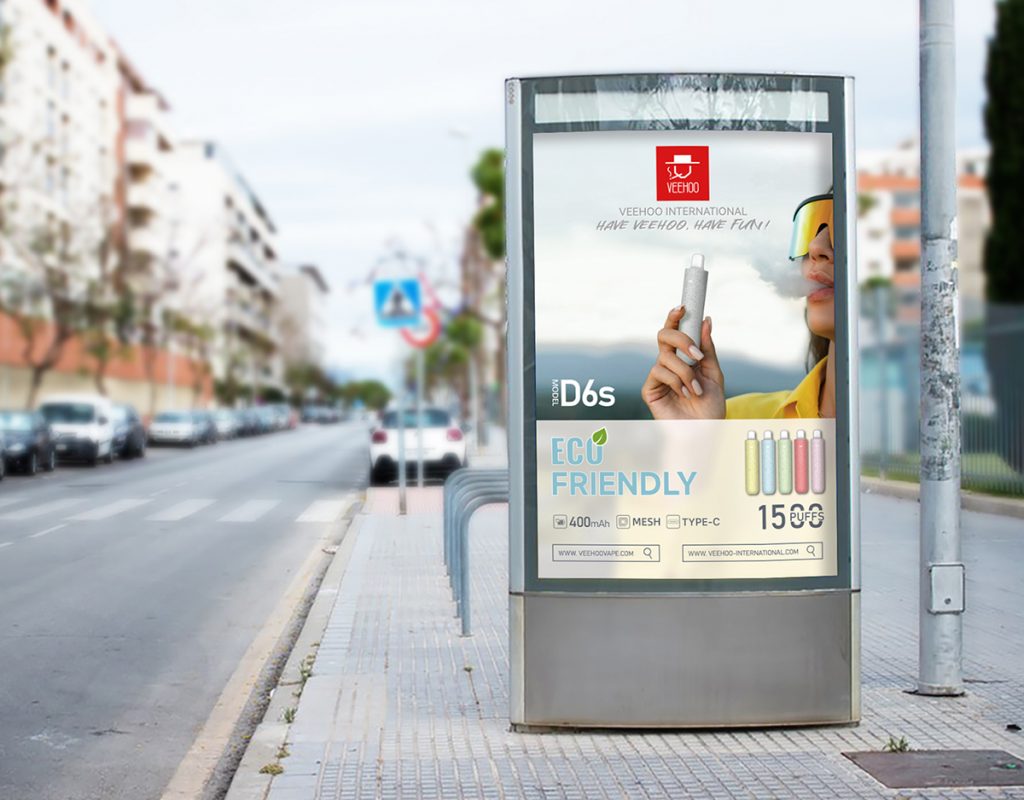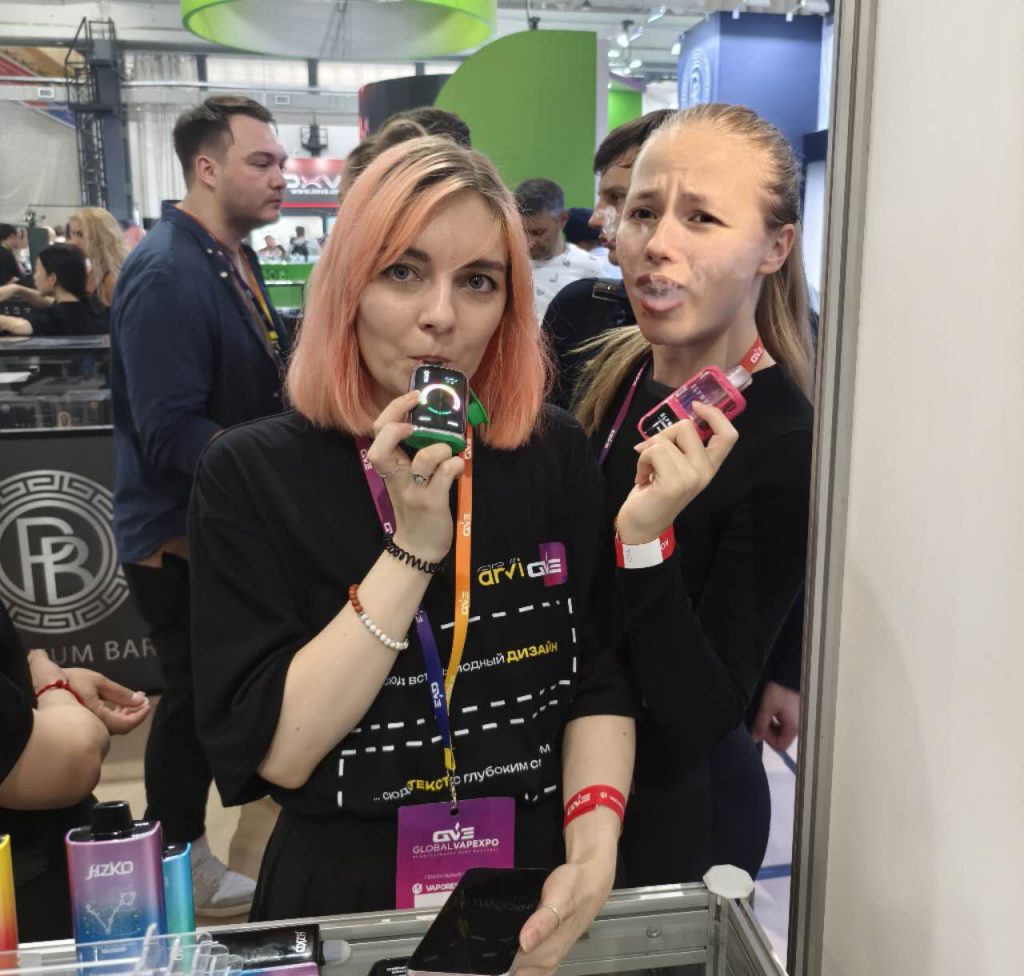According to Naver’s report on July 17, the latest data from the Korea Customs Service showed that in 2023, due to the regulatory blind spot of synthetic nicotine vapes, South Korea’s personal consumption tax losses will reach 196.4 billion won (about $140 million), accounting for 92.2% of the products circulating in the market. This phenomenon not only caused huge tax losses, but also may aggravate the problem of smoking among teenagers, causing widespread social concern.
Synthetic nicotine vapes have become a gray area in South Korea’s tax supervision because they are not subject to the current tobacco tax law. According to statistics, the proportion of natural nicotine in the vape solutions circulating in the Korean market is only 7.8%, while the proportion of synthetic nicotine is as high as 92.2%. Since synthetic nicotine vapes are not included in the definition of “tobacco”, they are not subject to personal consumption tax, as well as other taxes such as national health promotion tax, value-added tax, education tax, and waste tax.

In addition, according to statistics from the Korea Health Promotion Institute, the personal consumption tax on liquid vapes using natural nicotine solution is about 16.643 billion won (about 12 million US dollars), compared with 228 million won (about 165,000 US dollars) in 2018, a 73-fold increase in just 5 years. This data further highlights the rapid growth of the synthetic nicotine vape market and the potential risks brought by the lack of supervision.
Faced with this regulatory loophole, the South Korean government has not yet issued specific regulations, but the National Assembly has begun to actively prepare for legislation. According to a report by Two Supremes on July 15, Park Sung-hoon, a member of the ruling National Power Party of South Korea, has submitted an amendment to the Tobacco Business Act to the National Assembly, aiming to include nicotine liquid in the definition of tobacco to fill the regulatory gap in the current law.

Park Sung-hoon emphasized that although the discussion on the regulation of new tobacco products is still ongoing, tax losses and social disputes, especially the issue of youth smoking, have attracted widespread attention. He added: “The amendment aims to reduce the rate of vape use among teenagers and reduce the adverse effects of vapes around schools. We will work hard to promote the passage of the bill as soon as possible.”
As an vape manufacturer that attaches importance to compliance and social responsibility, Veehoo vape is concerned about this blind spot in South Korea’s tax supervision. Veehoo vape has been committed to complying with relevant laws and regulations and tax regulations of various countries to ensure that consumers are provided with safe and legal products.
Veehoo vape promises to continue to provide consumers with products that meet regulatory requirements, and calls on other vape manufacturers and industry stakeholders to strengthen self-discipline and jointly promote the healthy development of the vape industry.

The South Korean government and relevant stakeholders should strengthen supervision. At the same time, consumers should choose compliant and legal vape products and purchase them through formal channels to ensure their own health and rights. Only through cooperation and joint efforts can the sustainable development of the vape industry and the win-win situation of society be achieved.
Tags: South Korea’s vape tax,South Korea’s synthetic nicotine vape oil,veehoo vape